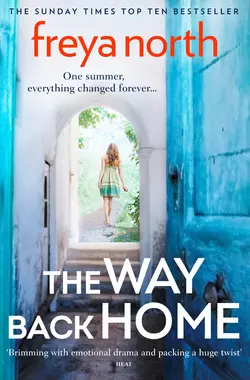The Way Back Home

Freya North
Тип: электронная книга
Жанр: Современная зарубежная литература
Язык: на английском языке
Стоимость: 288.34 ₽
Статус: В продаже
Издательство: HarperCollins
Дата публикации: 07.05.2024
Отзывы: Пока нет Добавить отзыв
О книге: The unforgettable, poignant new novel from Sunday Times bestseller Freya North.Born and brought up in an artists’ commune in Derbyshire, Oriana Taylor had freedom at her fingertips in a home full of extraordinary people. The Bedwell brothers, Malachy and Jed, shared their childhood and adolescence with Oriana. In the rambling old house and tangled grounds, their dreams and desires could run free.But too much freedom comes at a price. Something happened the summer they were fifteen. And now, having been gone eighteen years, Oriana is back.This is their story.